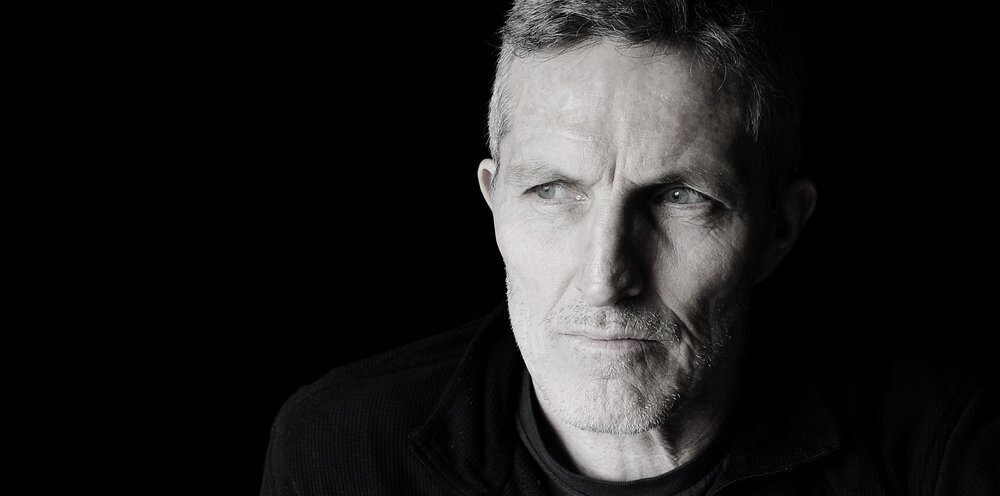Conflict
Liberty (playing): iPhone
“The test of a first-rate intelligence is the ability to hold two opposed ideas in mind at the same time and still retain the ability to function.”
(F. Scott Fitzgerald)
Liberty, our fluffy retriever ‘does conflict’ really well.
She enjoys the role of fierce aggressor but her theatrical range is enormous and she might instantly switch to benign appeaser before rushing back, teeth bared, into the fray. Yet despite the way those flashing incisors might close on a wrist or ankle, she never actually clenches her teeth. Both Libby and her sparring partner will always fight again on another day.
We humans, on the other hand, don’t seem to be playing so nicely.
When F. Scott Fitzgerald wrote ‘The Crack Up’, he followed his ‘two opposed ideas’ claim with the notion that we should be able to see ‘…that things are hopeless and yet be determined to make them otherwise.’
Just the kind of capacity we need to act sensibly in our deeply fractured political and economic context.
Yet in a world where our metaphors for conversation and negotiation are reduced to ‘fight’, ‘battle’ and ‘war’, we have stopped inquiring or learning.
And we are ‘doing conflict’ really badly.
When we imagine ‘conversation as war’ we see our ‘opponents’ as the enemy and our exchanges become attack, defence, counterattack and so on. In taking this winner/loser perspective we deny any sense of middle ground and, even though we might claim victory, we don’t notice that the fun, creativity and innovative potential of collaboration born of respectful, generative conflict is lost.
We each have deep, fundamental needs to be seen and heard, to be acknowledged and affirmed. In turn, we need to be able to offer the same to people who don’t see things the way we do.
But those who think differently can make us want to withdraw; we become insecure and unsafe in the presence of genuine difference.
It can feel utterly hopeless as we begin to uncover how different we think we are. Yet every time we choose to stay in conversation, take the time to understand differences and slowly dismantle mutual barricades, we find people just like us.
We are all human beings who yearn for stability and security within relationships that are respectful and creative.
So, we need to notice how we fall into patterns of hostility and have a conversation about that conversation.
When only one side wins, nobody wins.
In ‘The Crack Up’, Fitzgerald tells us that we can never be truly satisfied by domination and, despite wrestling with his ghosts, he comes to adopt a more conciliatory stance; ‘…if you throw me a bone with enough meat on it, I may even lick your hand.’
Libby would agree…
Notes:
‘The Crack Up’ was originally published in 1936 by Esquire magazine.
'Metaphors We Live By’ (George Lakoff and Mark Johnson) is a linguistic goldmine that will take the lid off your noticing of the structures we use to make meaning. The book reaches a controversial conclusion: “If conceptual metaphors are real, then all literalist and objective views of meaning and knowledge are false.” Worth a look.
In ‘Life-changing Conversations’, Sarah Rozenthuler presents a list of what conversation is - and isn’t - and how a real conversation opens up possibilities and offers the potential of answers we would have never anticipated.
See also:


